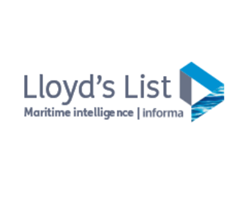New International Maritime Solid Bulk Cargoes Rules on Coal Liquefaction Kick In

January 6, 2019 - Insurer Gard highlights regulatory changes that came into place on January 1, which also include changes to scrapping rules for EU-flag tonnage and a local sulphur cap in Hong Kong, Taiwan and China.
Coal cargoes will now likely require the same Transportable Moisture Level certification as concentrates, nickel ore and iron ore fines under changes to the International Maritime Solid Bulk Cargoes code that came into force on January 1.
According to an analysis by Penelope Cooke of Brookes Bell, all coal consignments — unless otherwise tested — should now be treated as a liquefaction-prone Group A cargo, while remaining a chemical hazard Group B cargo, with potential for self-heating or methane emissions.
There are two alternative ways in which shippers may demonstrate that a coal cargo is exempt from Group A requirements.
First, if the coal can be shown to have a particle size distribution such that not more than 10% is less than 1 mm, and not more than 50% is less than 10 mm.
Second, the competent authority of the country of loading can specify laboratory criteria to assess whether or not a coal cargo possesses Group A properties.
Such criteria would most likely be based on the outcome of the test methods for Group A cargoes in Appendix 2 of the IMSBC Code.
Gard has also reminded the industry of other regulatory changes effective from the start of 2019.
In particular, all large seagoing vessels sailing under a European Union member state flag are now required to used approved scrapping facilities, while a local 0.5% sulphur cap has entered into force in Hong Kong, Taiwan and China.

